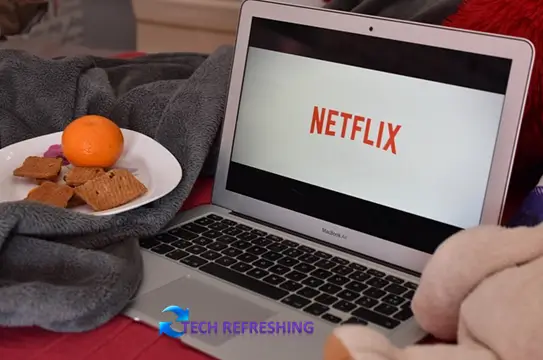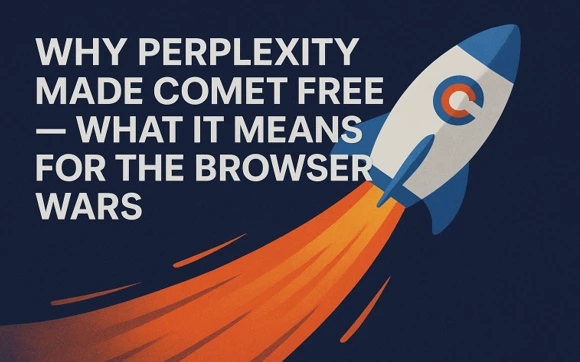
Netflix is reportedly gearing up for another round of price hikes for its streaming service, according to a report from The Wall Street Journal. This move comes amidst ongoing labor strikes in Hollywood, with the streaming giant waiting for a more opportune moment to raise its subscription fees.
The Wall Street Journal suggests that Netflix will implement the price increase “a few months” after the conclusion of the Hollywood actors’ strike, which could potentially wrap up in the coming weeks. The streaming behemoth is planning to roll out this price hike in “several markets globally,” starting with the United States and Canada. However, the exact percentage increase remains undisclosed, as Netflix declined to comment on the matter.
This impending price hike follows a series of previous increases by Netflix. Last year, the company raised prices across all its plans, with the ad-free Standard tier costing subscribers $15.49 per month and the Premium plan priced at $19.99 per month. Netflix also introduced a $6.99 per month ad-supported plan while discontinuing its mid-tier $9.99 per month basic ad-free plan.
Earlier this year, Netflix took steps to curb password sharing by imposing an additional fee of $7.99 per month for users sharing their accounts with individuals outside their households.
The decision to raise prices once more coincides with developments in Hollywood’s labor landscape. Recently, the Writers Guild of America (WGA) concluded its strike and commenced voting on a new contract with major Hollywood studios, including Netflix. This contract could have far-reaching implications for the streaming industry.
Under the terms of the new contract, streaming services like Netflix, Disney Plus, and Hulu will be required to share streaming data with the WGA, enabling writers to gauge the performance of their content. Additionally, the contract ensures a minimum compensation increase of 18 percent for writers of high-budget streaming films, along with a 26 percent rise in residuals. According to the WGA’s estimates, the cost of this new contract will make up just 0.2 percent of Netflix’s annual revenue.
Meanwhile, Hollywood actors are still on strike, leading to a temporary halt in some productions. Netflix’s decision to delay the price increase until the strike concludes is likely due to the prudence of not raising costs when there is a dearth of new content. Once both writers and actors return to work, Netflix can expect a surge of new shows and movies, which could serve as a justification for the impending price hike.
In addition to Netflix, The Wall Street Journal also reports that Disney Plus may introduce a new live sports tier outside the United States. Disney Plus has also been no stranger to price hikes, with its most recent increase set to take effect later this month.
As streaming services continue to evolve and adapt to the changing dynamics of the entertainment industry, consumers may have to brace themselves for further adjustments in subscription costs.







